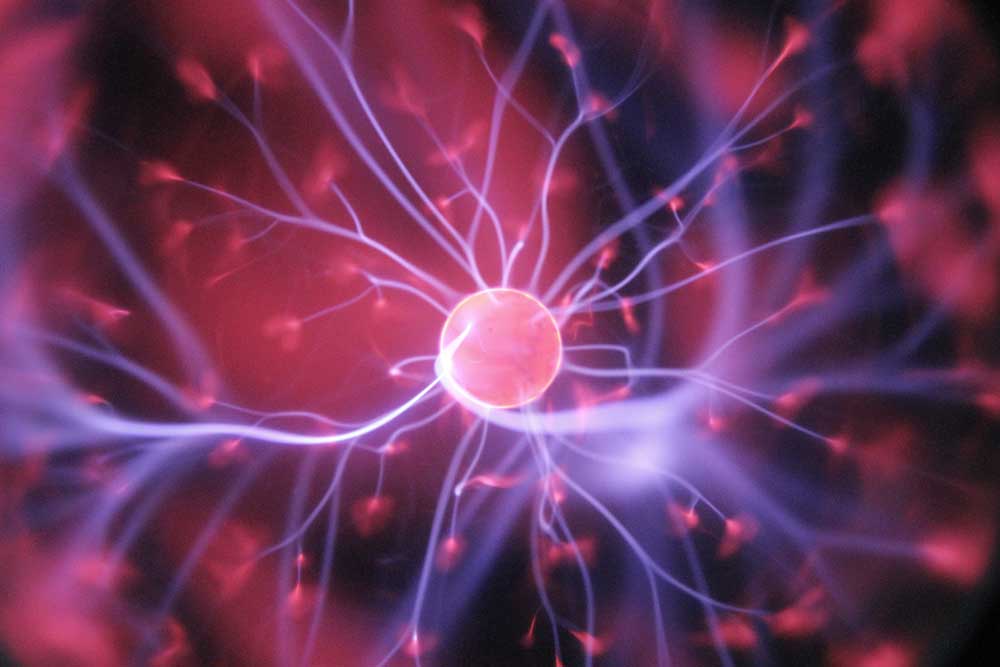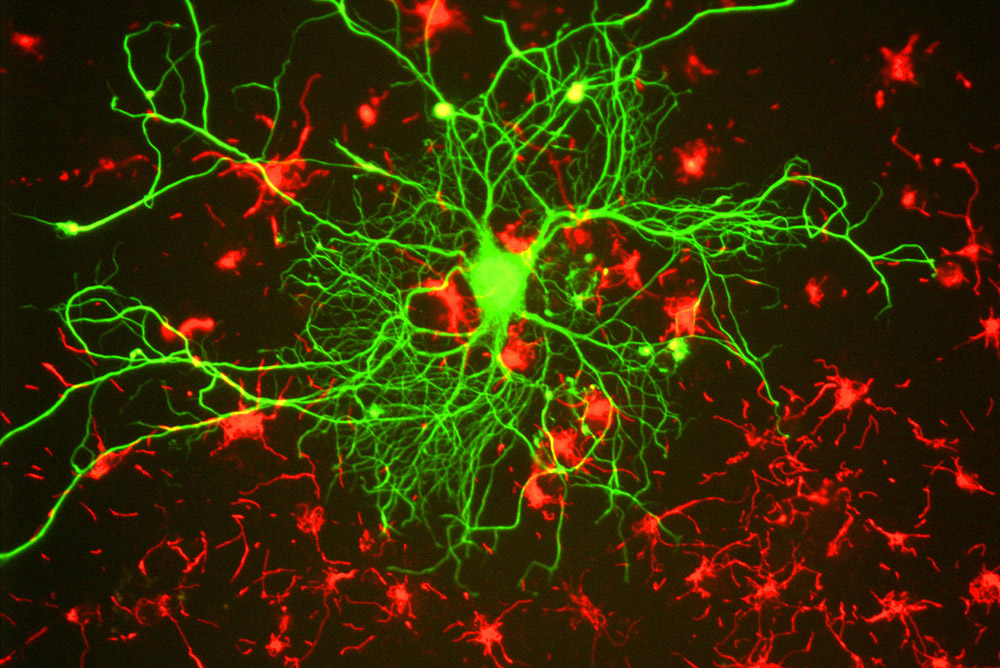Anxiety and emotion in parent-child dyads: A multimodal study | Campbell | $92,932
Anxiety and emotion in parent-child dyads: A multimodal study 2022 Award: $92,932 Anxiety is on the rise, is associated with altered emotional processing, and can emerge in preschool, a time when children rely on parents or caregivers to process emotional and handle worry. Developing successful treatments for childhood anxiety will depend on understanding the mechanisms that underlie it and parent-child dyads. This project is an important first step to better understand and treat anxiety disorders, by measuring brain and behavioral aspects of anxiety and emotion in both parents and children. Need/Problem: Anxiety disorders (AD) can emerge in early childhood and predict later symptoms and psychopathology. Emotional processing is an important core aspect of ADs – an underlying fear, worry, or distress. In preschool children, some worry is typical as they develop brain networks to process emotional information. This development [...]










